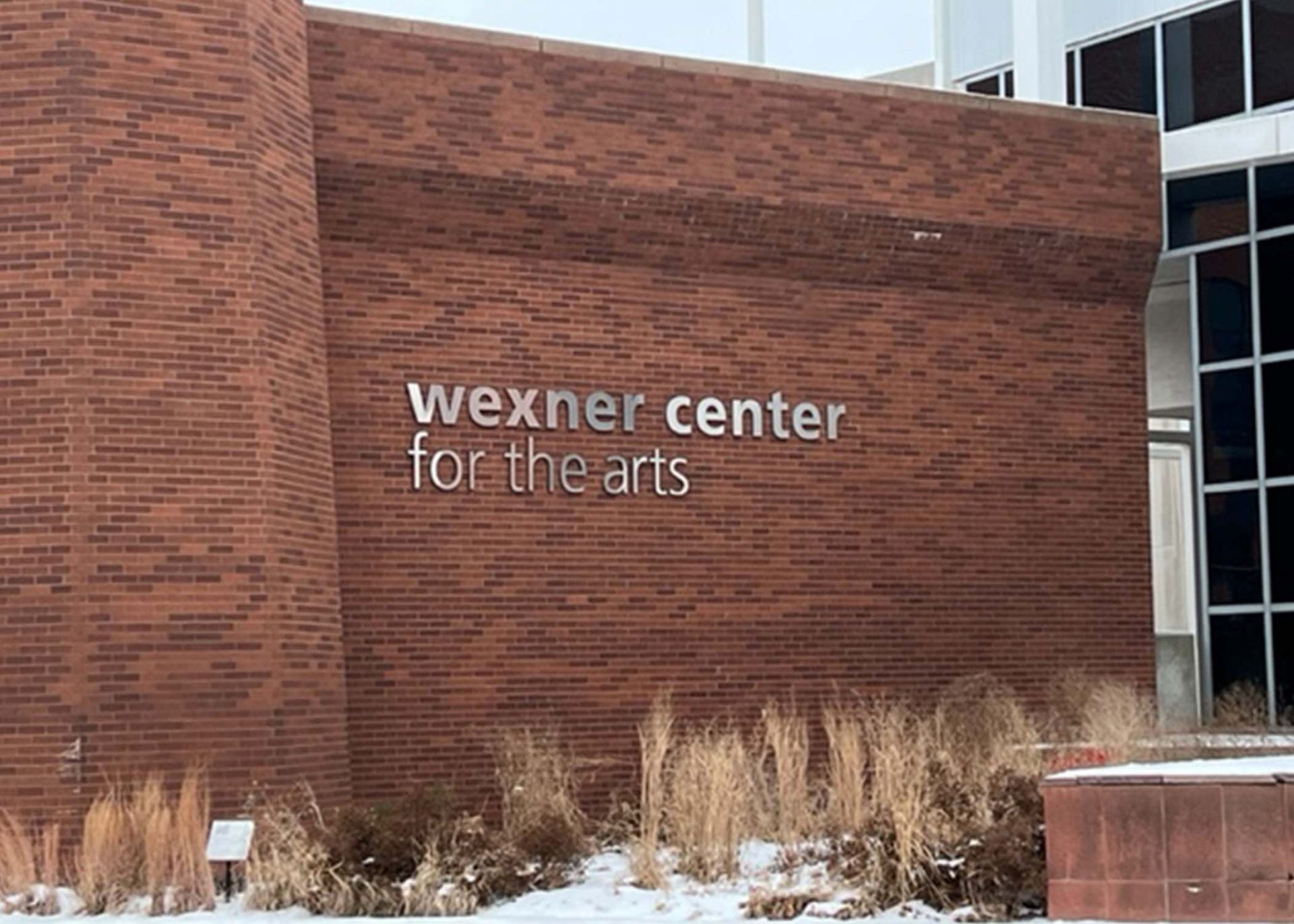
The Wexner Center for the Arts will be hosting Cinema Revival: A Festival of Film Restoration Feb. 11-12. Credit: Michael Napolitano | Lantern Reporter
The Wexner Center for the Arts will soon restore various films to their former glory.
The Wexner Center for the Arts will show 11 recently restored films in its eighth annual Cinema Revival: A Festival of Film Restoration, held in person from Feb. 24-28 for the first time since the pandemic began, according to the Wexner Center’s website.
Tim Lanza, vice president and archivist of the Cohen Film Collection, said the practice of restoration involves reviving original film, which may otherwise disintegrate and be lost, to its original visual and auditory states.
“We get so much satisfaction from sharing things with our audience, and it’s really gratifying to be able to do it in person again,” Dave Filipi, director of the Wexner Center’s film/video department, said.
Filipi said the festival will also include a roundtable with guests who are experts in film restoration and preservation, such as Lanza, Margaret Bodde, executive director of the Film Foundation, and Lee Kline, technical director at the Criterion Collection.
“They will talk about what they have been working on and the challenges in their field, and it’s also an opportunity for audience members to ask questions,” Filipi said.
Lanza said he has attended and presented at the festival every year since it began.
“I’m a little biased because this is what I do, but they’re providing a great opportunity for people in our area,” Lanza said.
When restoring an older film, Lanza said the goal is to return it to how it looked and sounded when first released. However, he said when utilizing the film’s original negative, the resulting film is often of better quality than it was in its initial state.
Lanza said he gained an appreciation for film by first working at the now-defunct video store Aardvark Video in Columbus, and then working with the film collection at the estate of film collector Raymond Rohauer starting in 1992.
“I’m totally an accidental archivist,” Lanza said. “Everything that I have learned, to whatever amount that is, has been learned on the job, and luckily this is a field that people are very generous with their knowledge.”
Film restoration is important because films can act as a society’s shared cultural memory, Lanza said.
Those who are interested in the process of film restoration will be able to watch the documentary “Film, the Living Record of Our Memory” at the Wexner Center from Feb. 11-12, Filipi said.
“It is a crash course in the practice, history and importance of film restoration,” he said. “And it says much better than I could about the importance of this movement.”
Filipi said he is especially excited to see how audiences will react to French filmmaker Sarah Maldoror’s “Sambizanga,” which follows a woman working to free her activist husband from jail, according to the website.
“It’s such an important film, and I think seeing it now with all that is going on in the world, I think that it will be a real eye-opener for contemporary audiences,” Filipi said.
This festival is a chance for audiences to see a diverse array of important films and to learn about a handful of great filmmakers from around the world, Filipi said.
“It’s a really great deal,” he said. “There are very few events like this around the country, so I hope people take advantage of it.”
Student passes to Cinema Revival: A Festival of Film Restoration start at $25, and more information about the festival can be found on the Wexner Center’s website.


